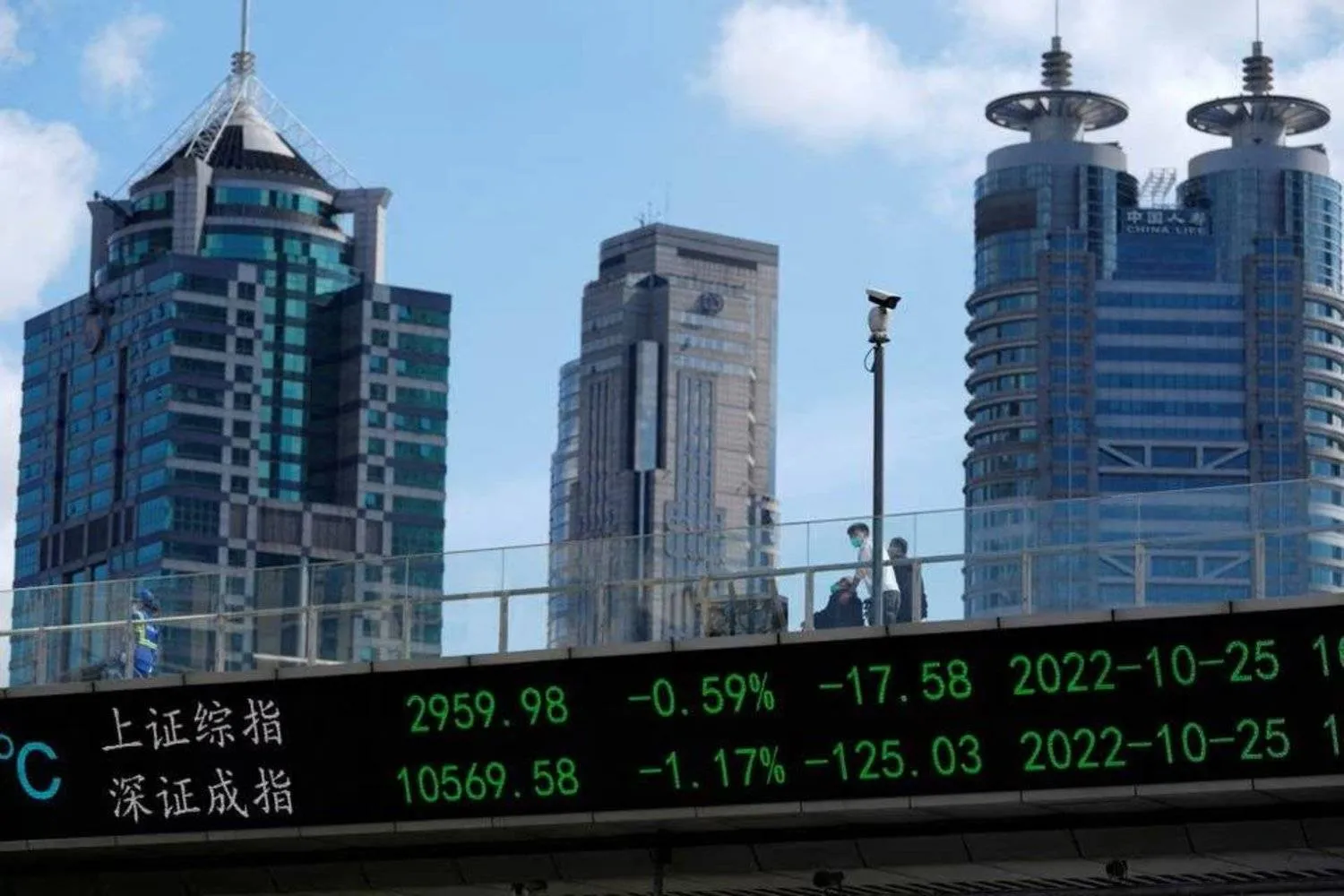China and Saudi Arabia's stock exchanges are in talks to allow exchange-traded funds (ETFs) to list on each other's bourses, three sources familiar with the matter told Reuters, as the countries look to deepen financial ties amid warming diplomatic relations.
The talks are in the early stages, said the sources, and could mark a major first step by Beijing and Riyadh towards broadening cooperation beyond energy, security, and sensitive technology sectors.
The Shenzhen Stock Exchange, one of the two major bourses in the Chinese mainland, is in negotiations with the Saudi Tadawul Group (1111.SE), operator of the Saudi Stock Exchange, for ETF Connect, as the programme is called, two of the sources said.
For China, an 'ETF Connect' tie-up with Saudi Arabia will be the first such beyond East Asia and affirm a commitment to open up its trillions of dollars worth of financial markets to international investors.
Some of China's biggest ETF operators have been notified in recent months about the possibility of a cross-listing agreement with Saudi Arabia and some are considering the option, one of the sources said.
The China Securities Regulatory Commission, the Shenzhen Stock Exchange and the Tadawul Group did not respond to Reuters' requests for comment. The sources declined to be named as they were not authorized to speak to the media.
The cross-listing of ETFs will allow investors in China and Saudi Arabia to trade funds tracking specific stocks or bond indexes listed on each other's stock exchanges.
China has launched 'ETF Connect' projects in recent years with offshore stock exchanges in Hong Kong, Japan, South Korea, and Singapore.
Industry insiders said trading volumes for these programs have not yet taken off, although some products have proved popular.
The ICBC CSOP FTSE Chinese Government Bond Index ETF, launched by China's CSOP Asset Management in 2020 under the 'ETF Connect' scheme with Singapore, is one of the largest ETFs domiciled in the city-state.
At the end of June, a total of 886 ETFs worth $256.8 billion were listed on the Chinese and Hong Kong bourses, according to Morningstar's data.
Saudi Arabia's ETF market is relatively nascent with only eight products listed on the exchange, although it is one of the biggest stock markets in emerging markets with a $2.7 trillion capitalization.
Hong Kong Exchanges and Clearing Ltd (HKEX) (0388.HK) is also in separate talks with its Saudi counterpart for a similar programe,said one of the sources and two people familiar with the matter.
HKEX signed an agreement with the Tadawul Group in February this year to explore cooperation in a number of areas, including cross-listings, for mutual benefit to the financial markets of both organisations, the Hong Kong bourse said at that time.
"We will update the market should there be any material developments in our cooperation," it said this week in response to a Reuters query.
Jackie Choy, director of passive investment ratings for Morningstar Asia, said the Saudi ETFs would offer "a very niche and small offering" for China and Hong Kong investors with their exposures in Arabic equity, bonds, gold and US equity.
"The local investors’ knowledge of the market under the scheme will also be key" before any investment, he said.
China is Saudi Arabia's top trading partner with trade worth $87.3 billion in 2021.
Saudi Arabia's Ministry of Investment has signed a $5.6 billion deal with Chinese electric car maker Human Horizons to collaborate on the development, manufacture and sale of vehicles, the Saudi state news agency said in June.
In March, oil giant Saudi Aramco (2222.SE) increased its multi-billion dollar investment in China by finalising and upgrading a planned joint venture in northeast China and acquiring an expanded stake in a privately controlled petrochemical group.









